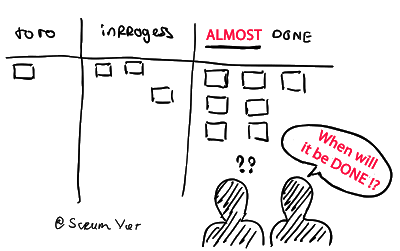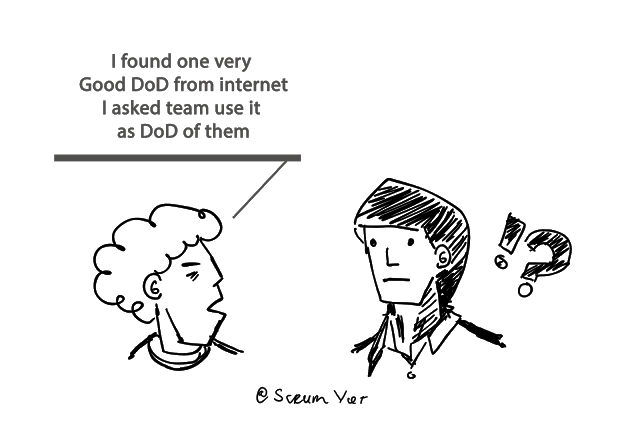- Trang Chủ
-
Khoá Học
-
Khóa Học Scrum & Agile
>
- Applying Professional Scrum (APS)
- Professional Scrum Master (PSM)
- Professional Scrum Master - Advanced (PSM-A)
- Professional Scrum Master & Product Owner (PSMPO)
- Professional Scrum Product Owner (PSPO)
- Professional Scrum Product Owner Advanced- (PSPO-A)
- Professional Scrum with Kanban (PSK)
- Professional Agile Leadership (PAL) Essentials
- Professional Agile Leadership - Evidence Based Management (PAL-EBM)
- Professional Scrum With User Experience (PSU)
- Scaled Professional Scrum (SPS)
- Professional Scrum Facilitation Skills
- Khoá Học Coaching >
- Professional Facilitating
-
Khóa Học Scrum & Agile
>
-
Dịch Vụ & Sản Phẩm
- Về ScrumViet
- Blog
- Liên hệ
|
Công Ty TNHH SCRUMVIET Giấy phép kinh doanh số: 0315775970 Email: [email protected] | Phone: 0898.898.801 |
More info: |
Copyright © 2024, Scrumviet. All rights reserved.





